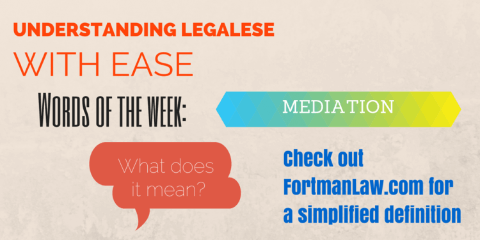The legal definition of a franchisee is:

![]()
Purchaser of a franchise. Boss at the location of the purchased business. Responsible for certain decisions, and obligated to follow stated decisions already made by the franchisor. The franchisee typically must keep the same look, name, and products. From the sales transacted at that location, the franchisee pays the franchisor based on the franchising contract. It is often a percentage of the revenues or profits over a flat fee.
(Source)
So what does it mean?
A franchisee is someone who pays a franchisor for the right to use their brand/trademark and the corresponding system. While the above definition states that you are the “boss,” this requires clarification. “Boss” in the world of franchises does not mean that you are in complete control. In fact, the franchisor will control most of your business’s activities. What it does mean is that you are a “boss” in the sense that you will hire/fire/manage your employees, manage daily operations, finances, etc. Depending on the franchise, you can even be a hands-off “boss,” meaning you do not have to present at the location on a daily basis. Many franchisors will advertise that as a franchisee you will “be your own boss.” Please remember to use this term loosely as you will not be free of oversight and direction from your franchisor, not to mention royalty, advertising, and other franchisee fees. Franchisees can border the line of a glorified operations managers rather than a bosses of a business. Once again, it is very important to research the franchise thoroughly BEFORE you purchase it so you understand what is expected of you as a franchisee.
